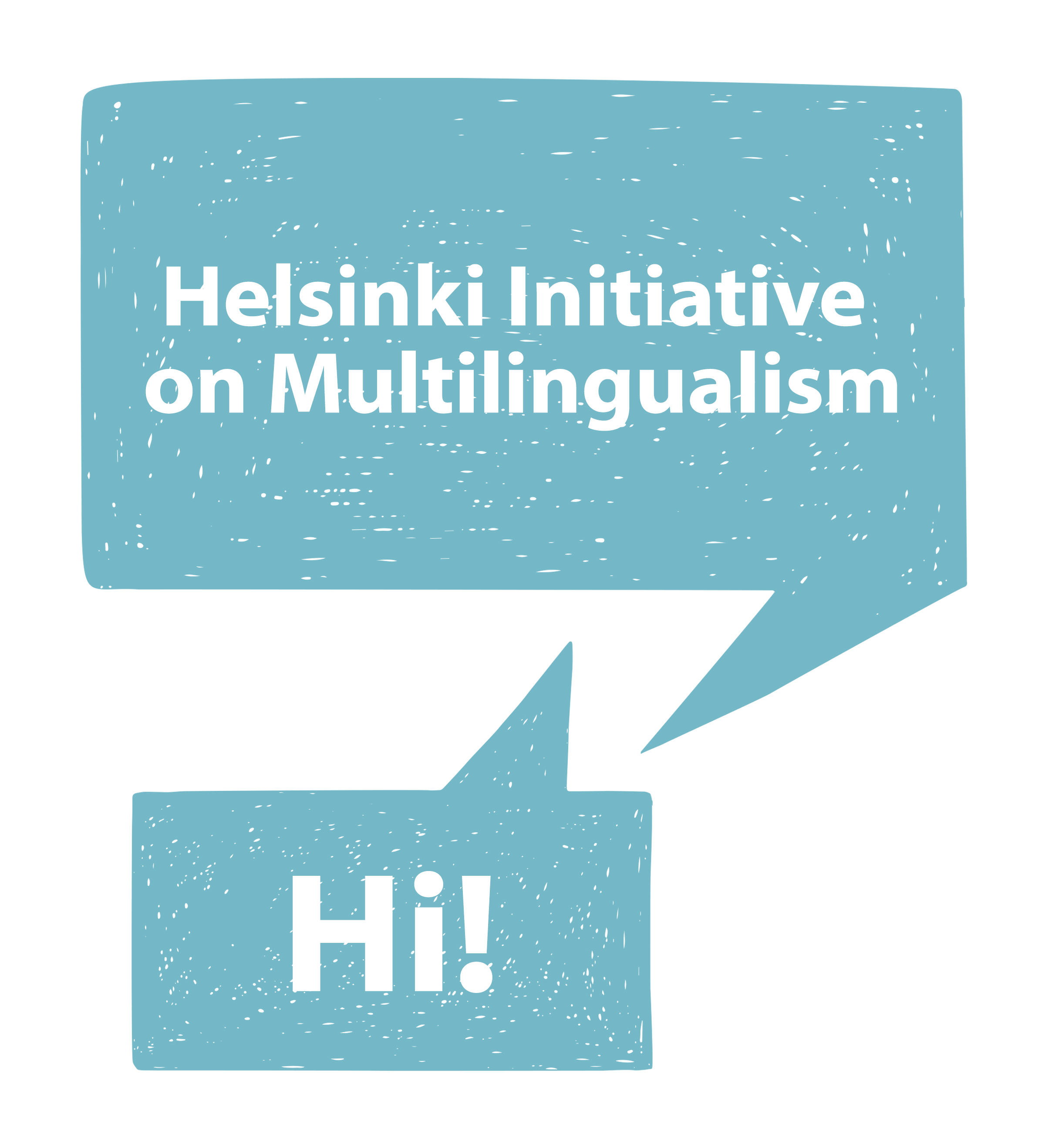UNESCO Recommendation endorses multilingualism
The UNESCO Recommendation on Open Science was adopted by the General Conference of UNESCO at its 41st session, in November 2021.
Multilingualism is included in the very definition of open science: "For the purpose of this Recommendation, open science is defined as an inclusive construct that combines various movements and practices aiming to make multilingual scientific knowledge openly available, accessible and reusable for everyone, to increase scientific collaborations and sharing of information for the benefits of science and society, and to open the processes of scientific knowledge creation, evaluation and communication to societal actors beyond the traditional scientific community".
Multilingualism is included in the core values and guiding principles of open science uder the rubric Equity and fairness: "open science should play a significant role in ensuring equity among researchers from developed and developing countries, enabling fair and reciprocal sharing of scientific inputs and outputs and equal access to scientific knowledge to both producers and consumers of knowledge regardless of location, nationality, race, age, gender, income, socio-economic circumstances, career stage, discipline, language, religion, disability, ethnicity or migratory status, or any other grounds".
To achieve the objectives of the Recommendation, Member States are recommended to take concurrent action in seven areas, in accordance with international law and taking into account their individual political, administrative and legal frameworks. Two actions relate to promotion of multilingualism in scholarly communication:
- (I) Promoting a common understanding of open science, associated benefits and challenges, as well as diverse paths to open science. (d) Encouraging multilingualism in the practice of science, in scientific publications and in academic communications".
- (vii) Promoting international and multi-stakeholder cooperation in the context of open science and with a view to reducing digital, technological and knowledge gaps. (b) Promoting and stimulating cross-border multi-stakeholder collaboration on open science, including by leveraging existing transnational, regional and global collaboration mechanisms and organizations. This should include joining efforts towards universal access to the outputs of science, regardless of discipline, geography, gender, ethnicity, language or socioeconomic circumstances or any other grounds, development and use of shared open science infrastructures, as well as technical assistance and transfer of technology, capacity building, repositories, communities of practice and solidarity between all countries regardless of their state of open science development.
Read the full-text "UNESCO Recommendation on Open Science" on UNESCO website.
